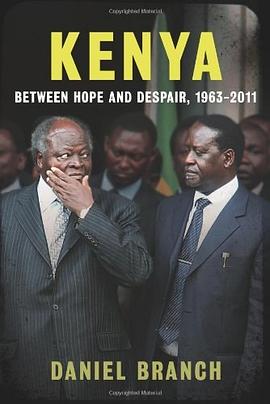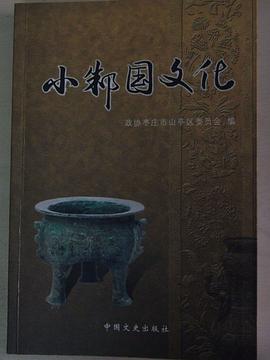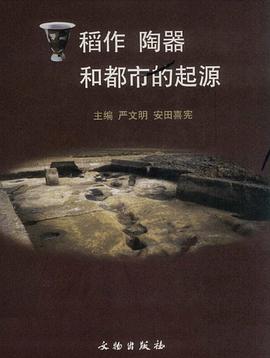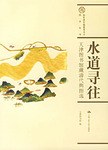

Although Kenya is often considered an African success story, its political climate became increasingly repressive under its second president, Daniel arap Moi. Widner charts the transformation of the Kenya African National Union (KANU) from a weak, loosely organized political party under Jomo Kenyatta into an arm of the president's office, with "watchdog" youth wings and strong surveillance and control functions, under Moi. She suggests that single-party systems have an inherent tendency to become "party-states," or single-party regimes in which the head of state uses the party as a means of control. The speed and extent of these changes depend on the countervailing power of independent interest groups, such as business associations, farmers, or professionals. Widner's study offers important insights into the dynamics of party systems in Africa.
具体描述
读后感
评分
评分
评分
评分
用户评价
相关图书
本站所有内容均为互联网搜索引擎提供的公开搜索信息,本站不存储任何数据与内容,任何内容与数据均与本站无关,如有需要请联系相关搜索引擎包括但不限于百度,google,bing,sogou 等
© 2025 book.wenda123.org All Rights Reserved. 图书目录大全 版权所有




















